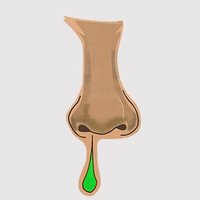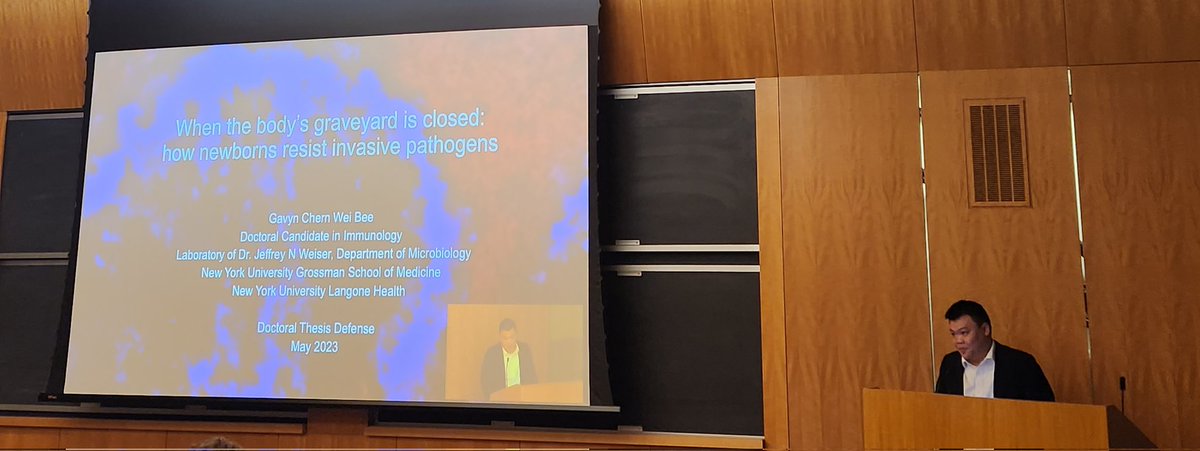
Weiser Lab @ NYU Langone Health
@weiserlabnyu
We study the molecular basis for host-pathogen interactions in the respiratory tract.
Twitter run by lab members. Likes/RTs are not endorsements.
ID: 1296870740172701698
https://www.weiserlab.com/ 21-08-2020 18:04:23
54 Tweet
320 Followers
99 Following



Pleased to share some of our latest work available online now in Cell Host & Microbe. In this work, we discovered that quorum sensing induced bacteriocins mediate intra-strain competition in pneumococcus during colonization and transmission. authors.elsevier.com/c/1g5cb6t8JEjA…

A selfish program reduces S. pneumoniae diversity. Intra-strain competition upon #Spneumoniae colonization causes loss of clonal diversity. Bacteriocins induced by BlpC led to predation of kin & tightening of population bottlenecks Surya Dev Aggarwal Weiser Lab @ NYU Langone Health cell.com/cell-host-micr…


A selfish bacteriocin dictates pneumococcal domination:Trappetti/Paton discuss Surya Dev Aggarwal Weiser Lab @ NYU Langone Health work on population dynamics of S.pneumoniae colonization. Bacteriocin promotes survival of lineages, providing population bottleneck & limiting diversity cell.com/cell-host-micr…


Excited to see Gavyn Gavyn Bee from Weiser Lab @ NYU Langone Health NYU Langone Health defend his thesis defense. starting now! Brilliant and touching intro from Jeff! here we go!



Is phenotypic variation functional? Stoked about our latest preprint spearheaded by the amazing Anne-Stephanie DMF UNIL Université de Lausanne in collaboration with a fantastic team of people @vrrenske Surya Dev Aggarwal Javier Santos Moreno @LalouxLab Yolanda Schaerli Weiser Lab @ NYU Langone Health biorxiv.org/content/10.110…

I’m biased, but this is such a cool paper and very happy that it’s now published Nature Communications 😀Congratulations to Anne-Stéphanie @vrrenske Surya Dev Aggarwal Weiser Lab @ NYU Langone Health @LalouxLab Javier Santos Moreno Yolanda Schaerli! nature.com/articles/s4146…

Why are infants susceptible to invasive pneumococcal diseases? Excited to share our latest work led by Kristen Lokken-Toyli which explores this question and elucidates the age-dependent mechanisms that drive pneumococcal spread from the mucosa. PLOS Pathogens journals.plos.org/plospathogens/…




